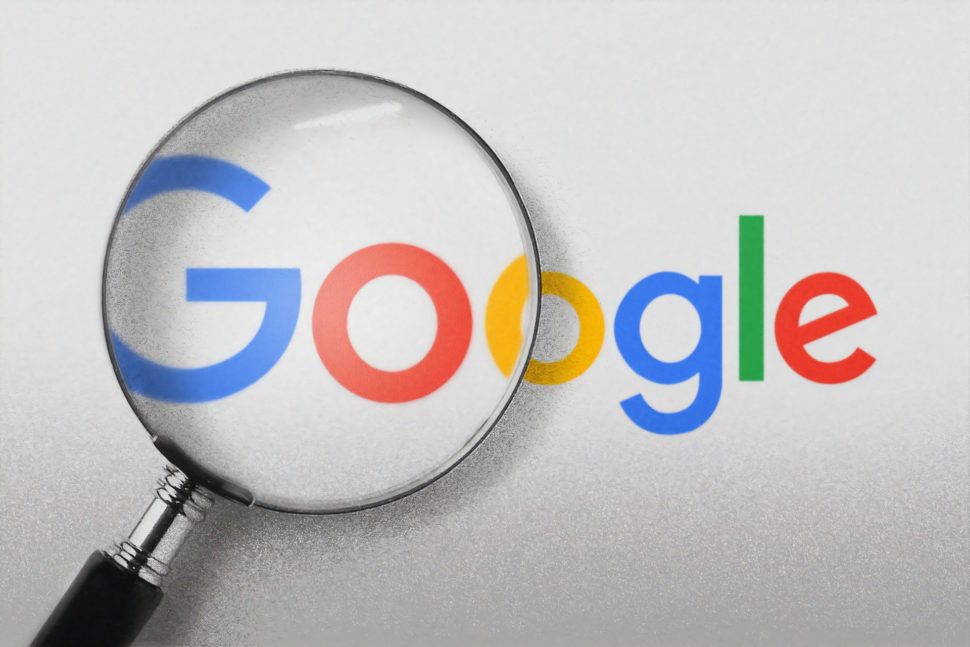Google is always working to improve the quality of its search results. That’s why it rolls out one or more daily changes that sometimes target specific factors such as page speed and mobile-friendliness.
When an update targets a specific factor, Google usually announces ahead to enable webmasters to make necessary changes.
But core updates are different. The search giant releases its core algorithm updates a few times a year.
While the updates don’t target anything specific, they’re more significant than the daily tweak that Google releases. As a result, the effect is more widely noticeable.
Sometimes, sites that are affected by the core algorithm update don’t recover immediately after making changes. Instead, they have to wait for the subsequent update for recovery.
It gives the impression that the Google algorithm doesn’t reward the work done to address a site’s issue until the next core update. So, in a recent Google Webmaster hangout, a site owner asked John Mueller why.
The question reads:
“What exactly, websites that have been hit by the core updates can’t recover before the next core update, even if they make good improvements? Some algorithms are launched one time for a couple of months, or how does that work?”
Here’s Mueller’s response.
Google’s Algorithm Functions on a Continual Refresh
First, Mueller reminded us that Google’s core algorithms are concerned with webpages’ relevance to queries.
“With core updates, we’re essentially trying to re-understand how the relevance of the search results are,” he said.
After that, Mueller pointed out that publishers don’t have to wait for Google to see their site differently. Rather, they should continue improving various aspects of their website.
He noted:
“And it’s not something that requires a site to… wait for the next update to have a chance to be seen differently. They can continue working on things, and things can improve over time.”
Mueller’s response suggests that Google’s algorithm functions based on a constant refresh. It means that the entire index is continually refreshing to reflect changes.
For example, let’s assume that the search giant introduces an algorithm to promote a specific feature. If a site that didn’t have the feature makes the necessary changes, it should regain position before the next update.
In the end, Mueller encouraged site owners to keep working to improve their website. That way, they’ll enjoy the better performance when an update focuses on one or more of the improvements made.
“It’s possible that our next core update will make a bigger change in the same direction that you’ve been working, and you’ll see a bigger change in your site’s performance as well,” he said.


















Comments (0)
Most Recent